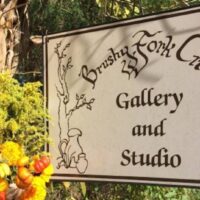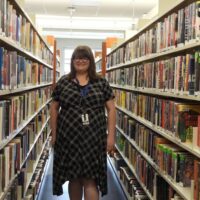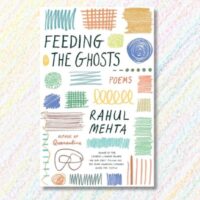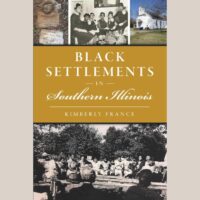Don Everly, who with his brother Phil influenced popular music well beyond their first stint as a duo, and are in both the rock and country music halls of fame, died in Nashville Saturday. He was 84.
Don was born in Muhlenberg County, Kentucky, made most famous by John Prine’s “Paradise” and next door to Ohio County, the home of Bill Monroe. That’s in the West Kentucky Coalfield, not the one to the east, but there are other similarities with Appalachia, and they all tapped into the culture of the rural upper South; the Everly family also lived in Indiana and Iowa.
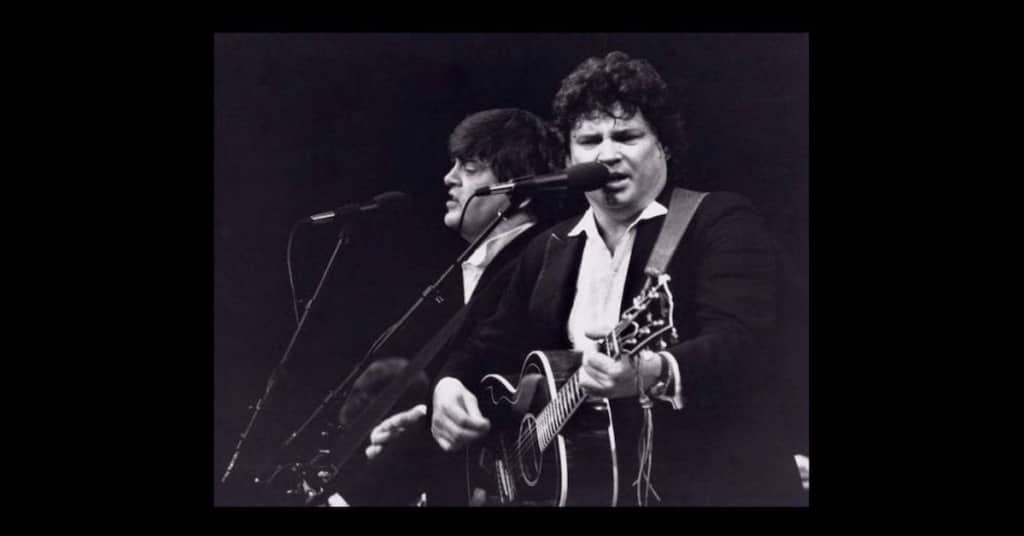
The brothers’ “fusion of Appalachian harmonies and a tighter, cleaner version of big-beat rock ’n’ roll made them harbingers of both folk-rock and country-rock,” Bill Friskics-Warren writes for The New York Times. Their first big single, “Bye Bye Love”, spent four weeks at No. 2 on the Billboard Hot 100 and hit No. 1 on the country chart. “Many of their early recordings, including the No. 1 pop hits ‘Bird Dog’ and ‘All I Have to Do Is Dream,‘ ‘Bye Bye Love’ was written by the husband-and-wife team of Felice and Boudleaux Bryant.” Don wrote hit songs before they recorded their own; he “tapped into a strain of Appalachian gothic despair that was absorbed by audiences as teenage heartache,” notes RJ Smith of the Los Angeles Times.
The duo “rivaled Elvis Presley and Pat Boone for airplay, placing an average of one single in the pop Top 10 every four months from 1957 to 1961,” Friskics-Warren notes. Even as they faded, “They influenced generations of hitmakers, from British Invasion bands like the Beatles and the Hollies to the folk-rock duo Simon and Garfunkel and the Southern California country-rock band the Eagles.”
“Phil and Don were the most beautiful sounding duo I ever heard. Both voices pristine and soulful,” Paul Simon told the Times after Phil’s death. “The Everlys were there at the crossroads of country and R&B. They witnessed and were part of the birth of rock ‘n’ roll.” They sang on the title track of Simon’s “Graceland” and were guests on Simon and Garfunkel’s reunion tour in 2003-04. In 1986 they were inaugural members of the Rock and Roll Hall of Fame with Elvis Presley, Chuck Berry, Little Richard, Buddy Holly and Jerry Lee Lewis.
Some of the duo’s influence stemmed from “Roots,” a 1968 album “that found the duo interpreting material by pioneer Jimmie Rodgers and contemporary star Merle Haggard,” Chris Morris writes for Variety. “Some critics rank it with the Byrds’ “Sweetheart of the Rodeo,” released the same year, as among the most important early country-rock albums.
Their parents were musicians Ike and Margaret Everly, who survives [at age 101]; Ike was a contemporary of fellow singer-guitarist Merle Travis and Mose Rager, who taught Travis the thumb-picking style popularized in the coalfield by Black musician Arnold Schultz, who had taught it to Bill Monroe, Smith notes. Ike’s regular trade was barbering, and one of his customers in Nashville was Boudleaux Bryant.
The downside comes most from Terence McArdle of The Washington Post, who reports that Don “twice attempted to kill himself with an overdose during an English tour in 1962,” during addiction to uppers and downers. “When they returned stateside, he received electroshock therapy, which he said blocked his ability to write songs for several years.” After long-simmering conflicts, the brothers broke up at a 1972 concert where Don “came onstage drunk. Irate, the venue’s manager stopped the duo in the middle of the show, causing Phil Everly to smash his guitar and walk offstage.” They reunited in 1983, and Don told the Sydney Daily Telegraph, “We have separate lives, but when we walk out onstage, it comes back, and it amazes me that we can do it. It’s like riding a bicycle. I don’t know how it’s done but I know it can be done.”
This story is republished with permission from The Rural Blog.

